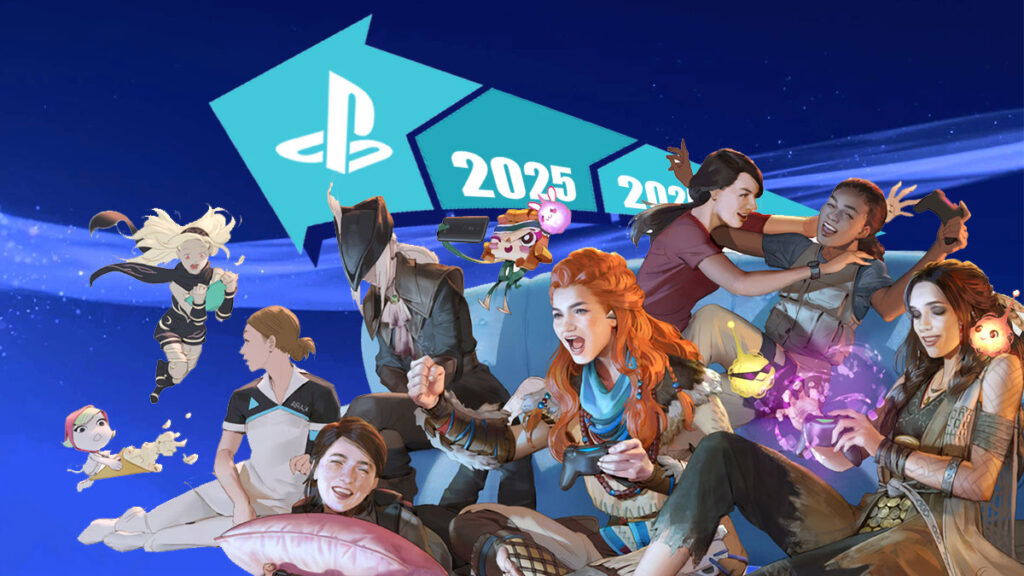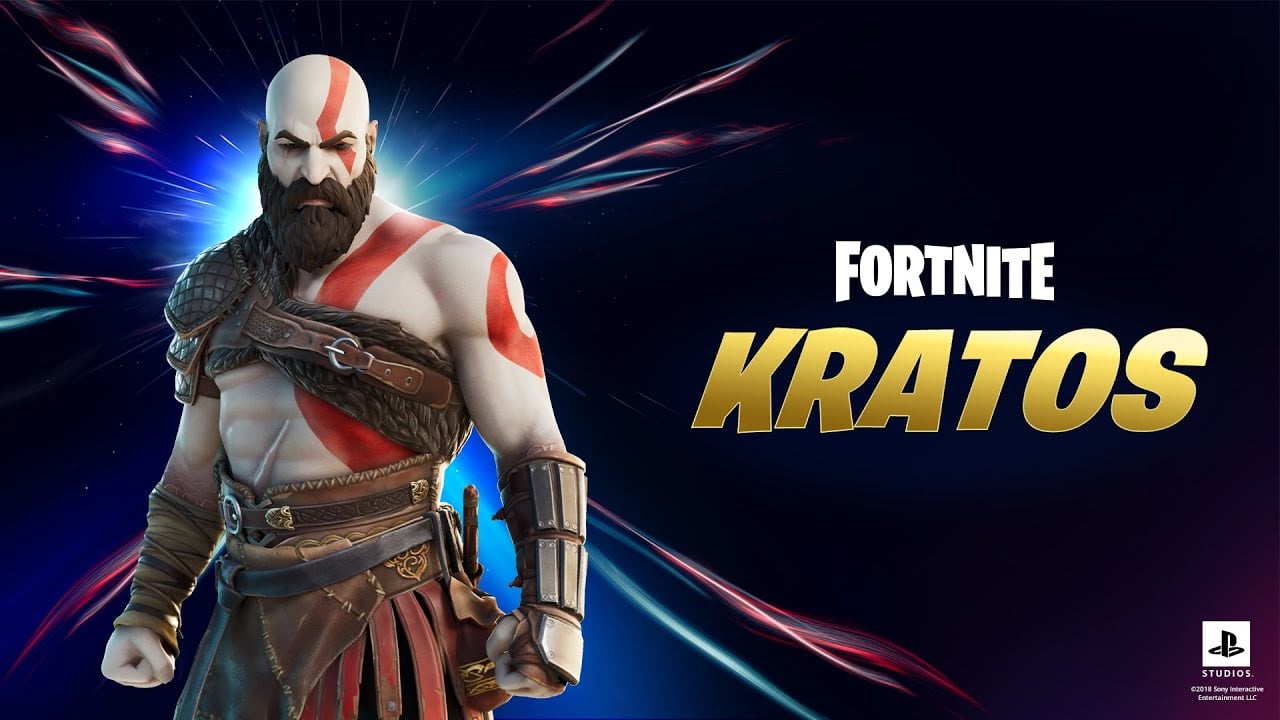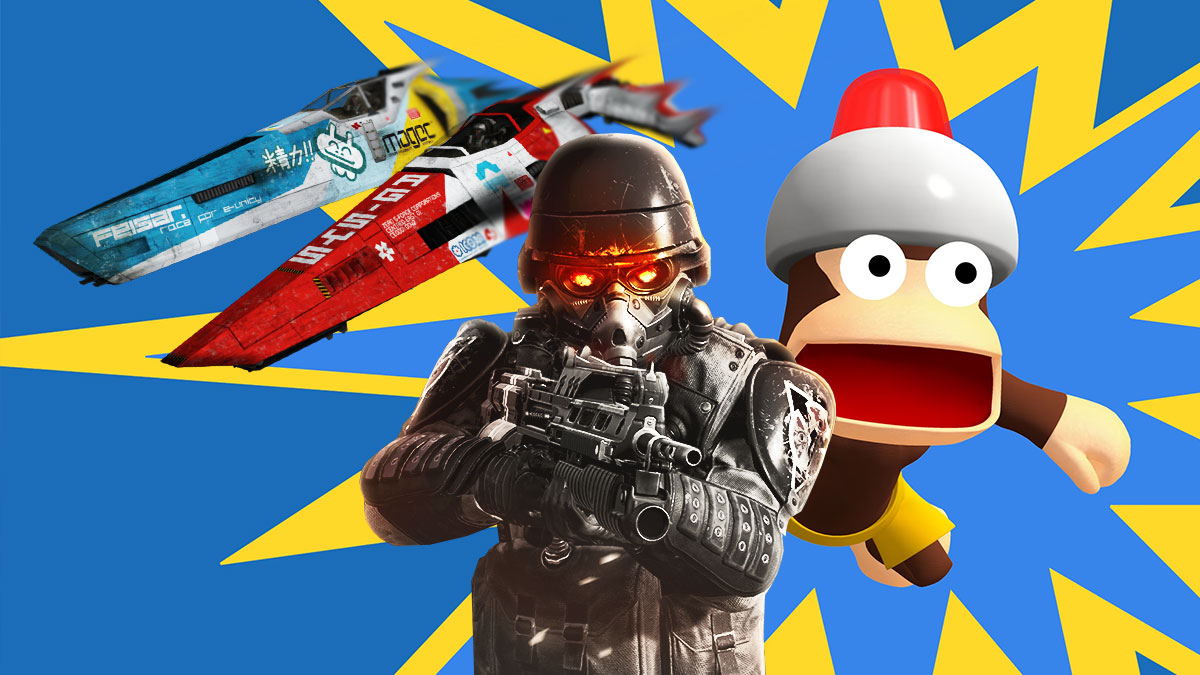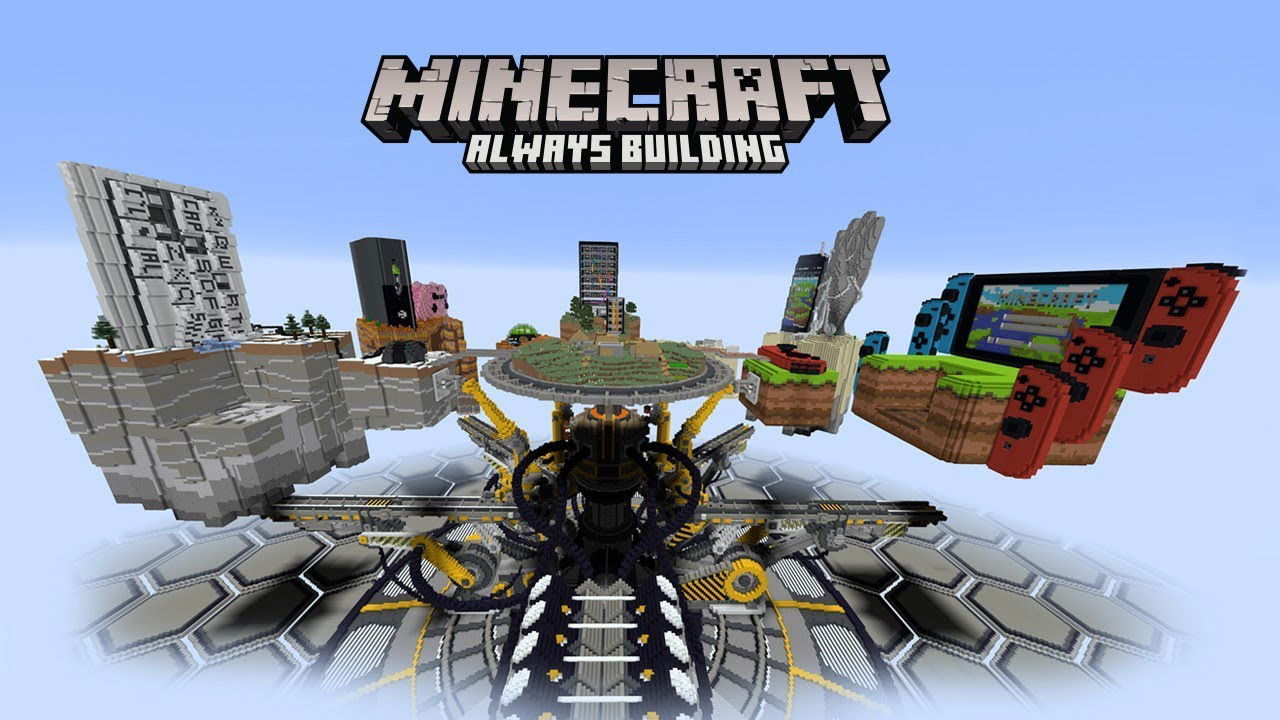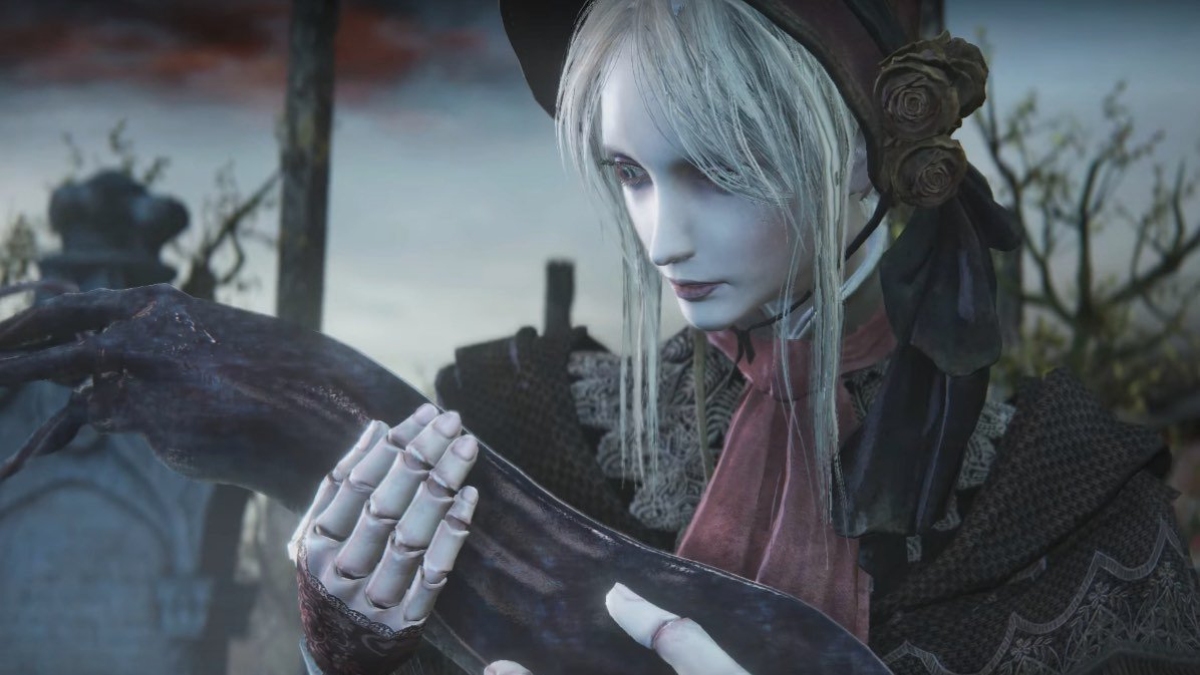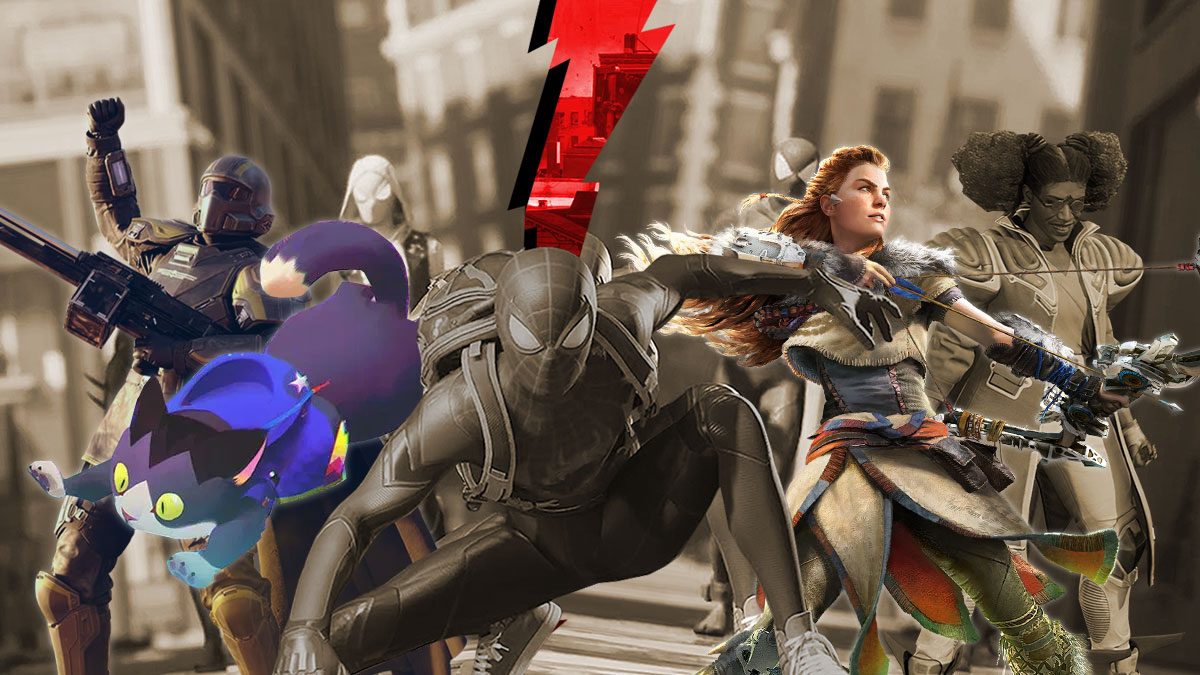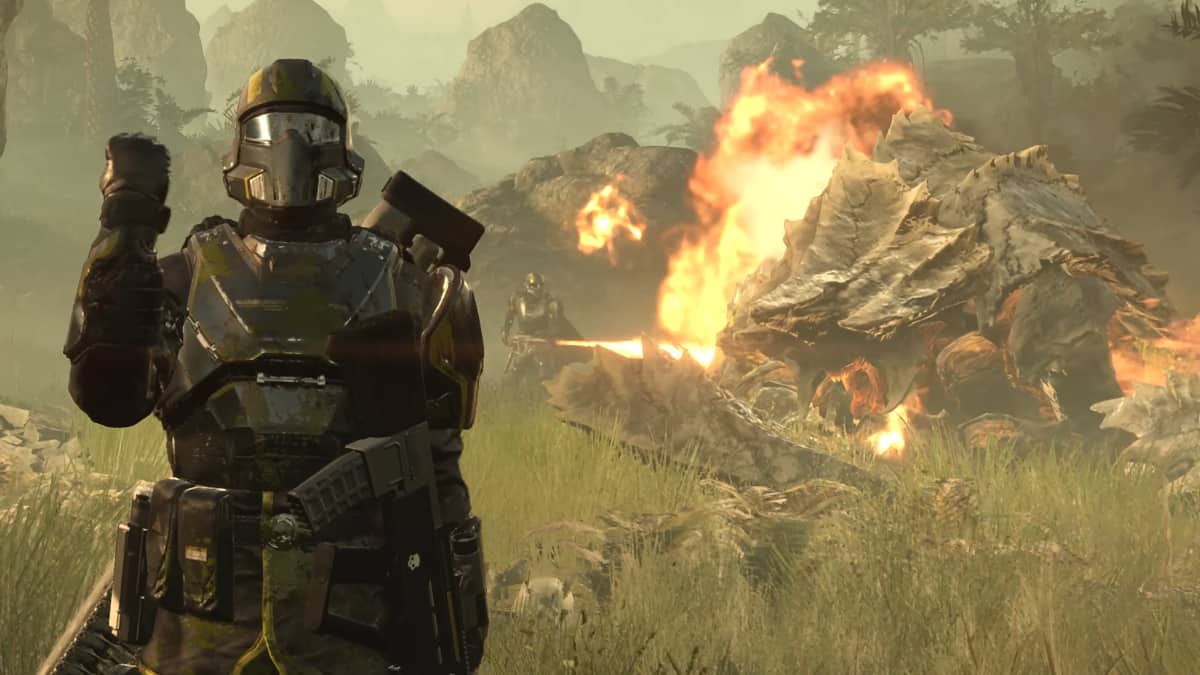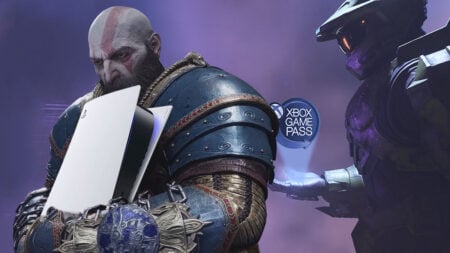Skip To...
For nearly 30 years, Sony’s PlayStation brand has thrived on a simple rule. Make the best console, lock in the best games for it, and watch the money roll in. But somewhere along the line, the ‘Only on PlayStation’ garden wall started showing holes. What might’ve begun as a few experiments — a cloud service here, a PC port there — slowly turned into a full-blown exodus. PlayStation is not just a plastic box and building up player engagement for an ecosystem or platform might be the best way to move forward. So, where did it all begin? We might find the answer by looking back a decade ago.
2015-2016 – PlayStation Now Lets PC Owners Get a Taste of Sony Exclusives
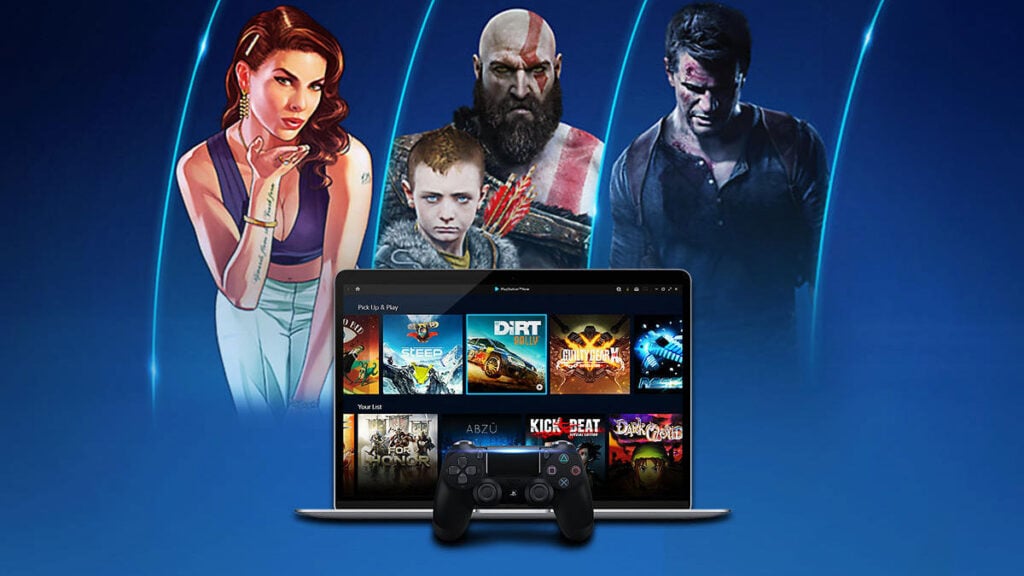
Arguably, it all started here, when the PS4 ditched PS3’s two generations of native hardware backward compatibility. But Sony slipped in the next best thing via streaming. A few months after hitting PS3, PlayStation Now arrived on PS4 — and before long, it jumped to PC, aka non-PlayStation hardware. Along with a small mobile push, that’s the first quiet hint that PlayStation’s future might not be sealed inside a hunk of plastic.
- January 13, 2015: PlayStation Now launched for PS4, showcasing cloud and cross-console capability.
- September 25, 2016: PS Now came to PC with a USB adapter for DualShock 4.
- October 14, 2016: Sony plans to release ‘five or more’ mobile games with Forward Works.
2018 – ‘Engagement’ Starts Becoming a Buzzword
Five years after its debut, then-CEO John Kodera admitted that the PS4 is heading into the end of its lifecycle. Hardware sales were bound to dip, and PlayStation started flirting with a new idea: ‘engagement.’ During an investor meeting, Kodera said that the plan now is to ‘strengthen user engagement’ through heavier investment in online services. Translation? Stop thinking only about selling boxes.
Perhaps as a warm-up to that plan, it dropped its stubborn anti-console-crossplay stance. The PlayStation Fortnite players who were once only allowed to mingle with PC and mobile, suddenly were able to meet their Xbox and Switch siblings. “Today, the communities around some games have evolved to the point where cross-platform experiences add significant value to players,” explained Kodera in the official announcement.
- May 18: Then-CEO John Kodera wants to ‘strengthen user engagement’ to alleviate PS4 declining sales.
- September 21: PS Now users can now download games to their PS4.
- September 26: Sony opens up Fortnite cross-play on PS4, letting PlayStation players play with all platforms.
2019 – The Year When Sony Fully Embraced Crossplay
In August, Sony snapped up Insomniac Games in an obvious attempt to lock up exclusive talents for Spider-Man and Ratchet & Clank. After all, the studio has worked for another first-party before with Sunset Overdrive, why risk your rival poaching it? Nevertheless, just months later, the walls came down elsewhere.
That same year, Sony finally dismantled one of its most stubborn walls: crossplay. Following the Fortnite floodgate, Sony made another big policy reversal surrounding Rocket League, Minecraft, and other games that could support the feature.
- January 14: Sony opens up Rocket League cross-play to all platforms
- August 19: Sony acquires Insomniac.
- October 1: PS Now subscription cost cut down from $20 to $9.99.
- December 10: Sony opens up Minecraft cross-play to all platforms.
2020-2021 – When The Crossplatform Bubble Finally Burst
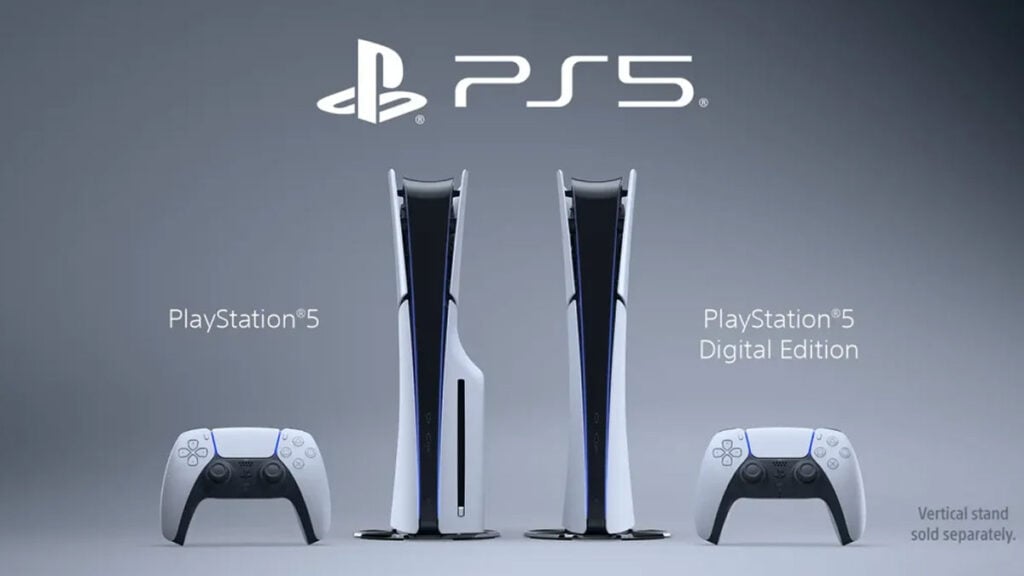
While 2019 is the year of crossplay, 2020 was the year PlayStation truly crossed the Rubicon. Horizon Zero Dawn made the jump to PC, shattering the long-standing ‘Only on PlayStation’ label for one of Sony’s biggest new IPs. The company also made its $100-million-a-year first-party juggernaut, MLB The Show, available on Xbox Game Pass for the foreseeable future.
Then came the PS5 launch. Just like the Xbox Series X|S, it didn’t just come in a traditional form, but also with the new Digital Edition. PlayStation’s decision to ditch the disc drive signaled a clear tilt toward an all-digital, platform-focused future.
- September 18, 2020: Horizon Zero Dawn launched on PC.
- November 20, 2020: PS5 launched, comes with a Digital Version without a disc drive.
- April 20, 2021: MLB The Show released on Game Pass for the next several years.
- April 24, 2021: PlayStation-published Predator: Hunting Grounds released on PC.
- May 18, 2021: Days Gone got a PC port.
2022 – The Big Bungie Acquisition and More PC Ports
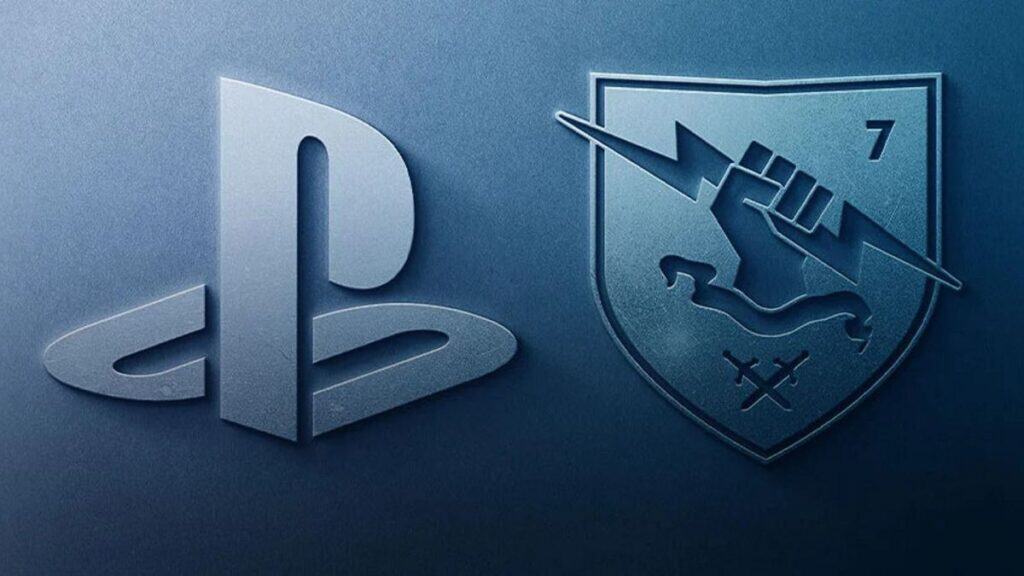
If you’re wondering when PlayStation got serious about the whole live-service thing, this is it. This is the year Sony handed out a cool $3.6 billion to buy Bungie and Destiny 2, showing a huge commitment to the live-service model.
During this period, Sony keeps sending its biggest exclusives to PC non-stop as well. Just like web-swinging in Spider-Man games; once you get into the zone, you just can’t stop.
- January 31: Sony acquires Bungie, citing live-service expertise.
- January 14: God of War (2018) gets a PC port.
- March 29: Sony merged PS Now with the PlayStation Plus subscription service.
- August 12: Marvel’s Spider-Man Remastered arrives on PC.
- October 19: Uncharted: Legacy of Thieves Collection releases on PC.
- October 27: Sackboy: A Big Adventure gets a PC port.
- November 18: Marvel’s Spider-Man: Miles Morales launches on PC.
2023-2024 – The Good, The Bad, and The Uglies (of Live-Service Ambition)

By 2023, Sony’s PC push was firing on all cylinders, turning the once-untouchable PlayStation exclusives into just a Steam sale away. But not everything was moving at top speed. Half of PlayStation’s much-hyped live-service projects were quietly kicked down the road into 2025. This might hint that the massive pivot to ‘engagement’ was starting to show friction.
Still, the following year, PlayStation chairman Hiroki Totoki promised a more ‘aggressive’ multiplatform strategy. And just a week earlier, Helldivers 2 had proven the model could work, becoming a breakout hit on both PS5 and PC. With hardware numbers sliding, and while digital sales soared, Team Blue had to act fast. Go all in or play it safe — and risk getting left behind?
- February 15, 2023: Returnal PC port released.
- March 28, 2023: The Last of Us Part I PC port launched.
- July 26, 2023: Ratchet & Clank: Rift Apart arrived on PC.
- August 30, 2023: Sony increased PlayStation Plus subscription prices.
- November 9, 2023: PlayStation delayed half of its major live-service games to 2025 or later.
- February 8, 2024: Helldivers 2 released on PS5 and PC.
- February 15, 2024: PlayStation chairman Hiroki Totoki asked the company to be more ‘proactive’ and ‘aggressive’ with multiplatform releases.
- March 21, 2024: Horizon: Forbidden West released on PC.
- May 16, 2024: Ghost of Tsushima arrived on PC.
- August 7, 2024: Sony announced PS5 hardware sales decreased year-on-year but digital purchases and online service revenue rose to 12%.
- August 23, 2024: Concord was released on PS5 and PC, and shut down in less than two weeks.
- December 31, 2024: Sony announced 74% of all PlayStation game sales were digital.
2025 – Here We Are
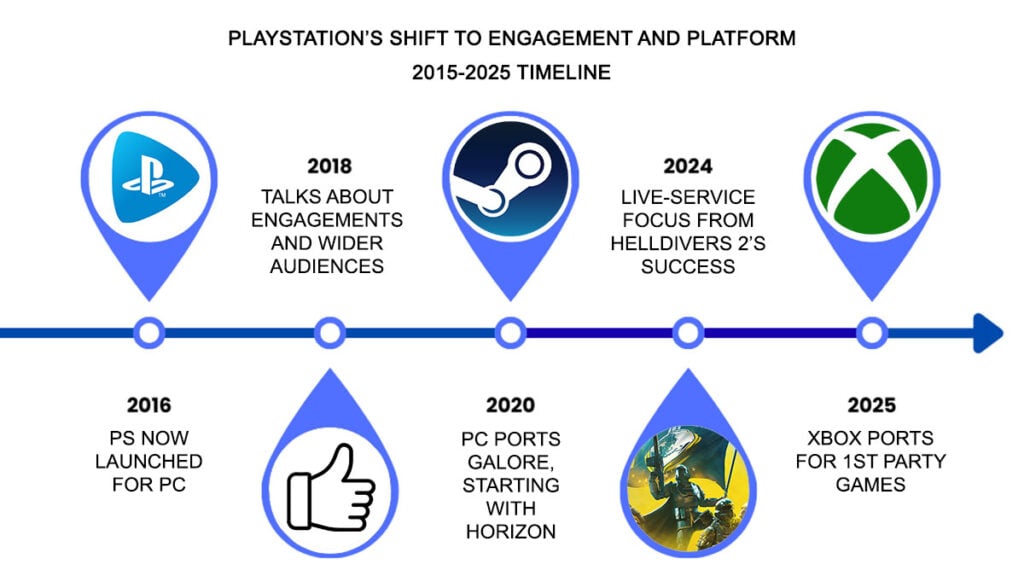
And now, the writing was plastered all over the wall. Helldivers 2 stormed its way onto Xbox, complete with a long-awaited Halo-themed collaboration. Meanwhile, MLB The Show 2025 quietly skipped its usual day-one spot on Game Pass, suggesting Sony might be trying to cash in on digital sales rather than subscription payouts.
Then came the kicker. PlayStation officially announced it was pivoting away from being a hardware-first company, embracing a new identity built around platforms and engagement as its future.
- January 28: Sony announced MLB The Show 2025 will not be available in Game Pass. It might indicate a heavier focus on digital sales and/or away from non-PlayStation digital platforms.
- August 7: PlayStation announced it’s moving away from hardware into platform and engagement business model
- August 26: Helldivers 2 will be dropped onto Xbox.
So here we are in 2025, and the PlayStation we grew up with isn’t the PlayStation we have now. That sleek black box under your TV is no longer the center of the brand — it’s just one doorway into a much bigger ecosystem. Whether this is the start of PlayStation’s next golden age or the beginning of its identity crisis depends on how well they play the engagement card.

